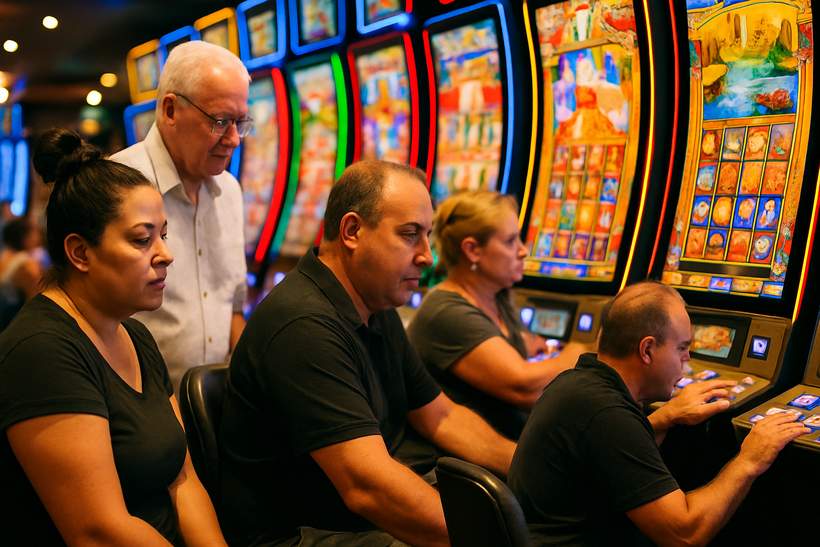Tribal Casinos Reach Record $43.9 Billion Revenue in 2024 Amid Challenges

Record Growth in Tribal Casino Revenues
In fiscal year 2024, tribal casinos achieved an unprecedented gross gaming revenue of $43.9 billion, according to the National Indian Gaming Commission’s latest report. This figure marks the fourth year in a row of revenue growth, showcasing the strong recovery and resilience of tribal gaming after the setbacks caused by the pandemic in 2020.
National Expansion and Market Highlights
The report covers 532 casinos operated by 243 federally recognized tribes across 29 states, with revenues growing by $2 billion compared to the previous year, representing a 4.6% increase from 2023. The 2024 total is the highest recorded since the NIGC began tracking in 1990, and significantly higher than the $27.8 billion low seen only four years prior.
California continues to dominate the tribal gaming industry, despite prohibitions on commercial casinos in the state. Its 87 tribal casinos generated approximately $12.1 billion in revenue, maintaining California’s position as the top regional market for tribal gaming. These venues provide the primary access to slot machines and live-dealer table games outside of a few card clubs.
The Eastern and Southeastern regions, including major tribal operations in Florida, Connecticut, and New York, follow with $10.2 billion in revenue. Meanwhile, Oklahoma, Kansas, and Texas contributed around $7.2 billion. The outlook expressed in the report suggests this upward trend will sustain into 2025 and beyond, supporting crucial economic activity for tribal communities.
Concerns Over Emerging Legal Challenges
Despite the positive financial results, tribal leaders express caution about potential threats from emerging prediction markets. These markets, which currently operate in a legal gray area, could challenge the tribes’ exclusive rights to regulated gaming as defined by the Indian Gaming Regulatory Act (IGRA). Particularly, contracts on sports events offered on certain platforms pose direct competition to established tribal gaming services.
Leaders are watching closely how the Commodity Futures Trading Commission (CFTC) will approach regulation under its anticipated new chairman, Brian Quintenz, who has yet to clarify the status of sports and event-based contracts in relation to traditional betting. This uncertainty raises concerns about preserving tribal gaming exclusivity.
While the NIGC report highlights significant growth and robustness, the tribal gaming sector’s future remains uncertain. Gaming revenues are critical for funding healthcare, education, housing, and other community services. Any shift in legal or regulatory landscapes that erodes tribal exclusivity in sports betting could negatively affect income streams essential to these programs, prompting tribes to intensify their protective efforts.